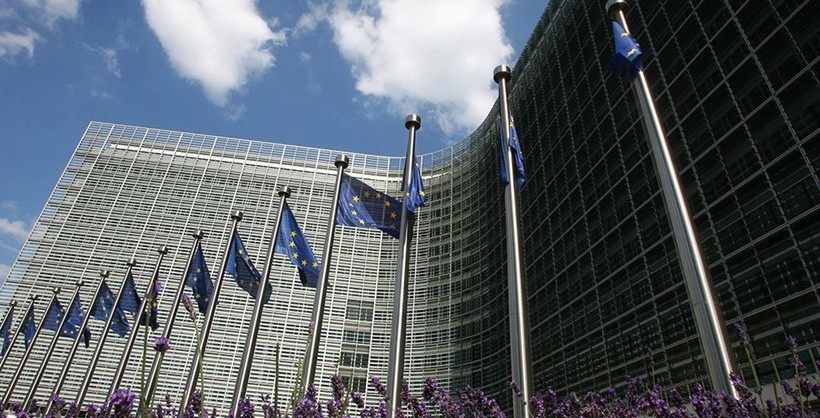Talks between cash-strapped Athens and its institutional lenders ended on Sunday – as previously scheduled – without a final deal achieved, winding up a marathon round of negotiations that began on Thursday within the so-called “Brussels Group” framework.
As such, winning approval for any new agreement from Eurogroup FinMins at an extraordinary Monday meeting now appears unlikely, as no agreement will be tabled for approval – unless a deal is brokered via other channels on Sunday evening.
Nevertheless, the Greek delegation will not return to Athens (also previously planned) but will remain in Brussels in order to begin a second round of talks on Monday. The goal now is a regular Eurogroup session on May 11, although a possible meeting on May 6 could also be convened if necessary.
Sources close to the lenders again referred to “slow progress” in talks, whereas members of the IMF delegation remain the more negatively disposed towards approving the release of bailout funds. Two points that the IMF insists upon are the abolition of a law prohibiting mass layoffs and cuts in supplementary pensions.
According to veteran Washington D.C.-based Cypriot reporter Mihalis Ignatiou, IMF sources said a retreat from those demands by the Fund would be the “surprise of the decade”.
Meanwhile, a Telegraph dispatch has the leftist Greek government inching closer to a deal with EC, ECB and IMF lenders to extend a bailout loan agreement towards Greece, despite reports of continuing disagreements over pension cuts and labor market liberalization.
Discarding the method of “non-papers” and quotes by “sources”, government spokesman Gavriil Sakellaridis went on the record on Sunday to say he was confident a deal could be finalized in only a matter of hours. Athens is after 7.2 billion euros available in a bailout tranche, although it has been unwilling to proceed with cuts in supplementary pensions or, amongst others, hold off on efforts to raise the minimum monthly wage and reinstate the mandatory collective bargaining regime between employees’ and employers’ groups. Along with harmonizing (upwards) VAT rates in the country, the latter are the main demands, according to numerous media reports, that creditors insist upon.
“There is progress, but also many open questions,” a source representing the “Institutions” told DPA the same day. “On some questions, there is considerably more willingness to compromise (from Greece) but we cannot say how much longer we will need.” Sakellaridis added that failure to reach an “honest compromise” with creditors would most likely lead to a referendum, another option hinted at by several top SYRIZA cadres and ministers.

































